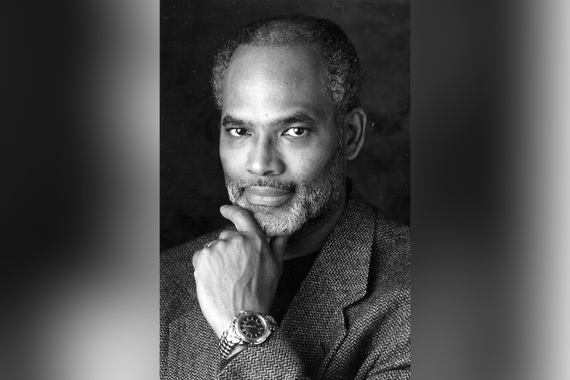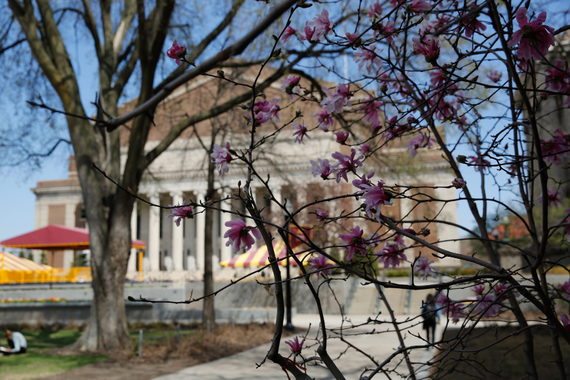On Purpose: Portrait of Environmental Humanities

When does a thing become an actual thing?
For the Environmental Humanities Initiative (EHI), the moment came in the spring of 2017 after a decade of activity by CLA faculty and graduate students who self-identified with the emerging field of study and practice known as “the environmental humanities.” Today, EHI regularly sponsors workshops and seminars, hosts visiting scholars, and enables communication and collaboration among more than 50 faculty and graduate student participants.
Although similar efforts are underway at institutions around the world, two features distinguish EHI’s approach:
- a focus on graduate research and education, and
- an explicitly transnational approach to environmental thought and practice.
To this end, EHI’s mission is to catalyze research, foster pedagogical innovation, and enhance public outreach among CLA faculty and graduate students interested in broadly humanistic approaches to environmental issues that stretch across the globe.
EHI seeks to address complex issues regarding environments and human and animal bodies through the lenses of history, philosophy, literature, language, culture, religion, and the visual and performing arts. In addition, EHI engages a wide range of related fields, including indigenous studies, political ecology, food studies, cultural geography, animal studies, and cultural anthropology. Investigating such key issues as sustainability, the Anthropocene, and the posthuman, environmental humanities scholars seek to bridge the divide between academic analysis and practice in the public sphere.
By gathering together what was once a scattered collection of loosely affiliated efforts, EHI has created a robust and visible home for the interdisciplinary exchange of ideas and information around environmental issues and the humanities within and beyond the College of Liberal Arts.


